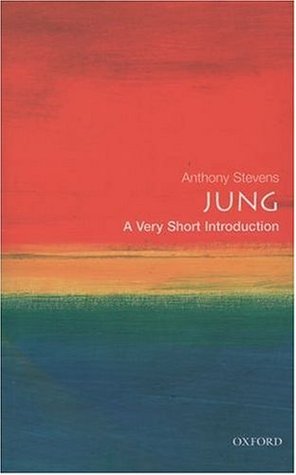More on this book
Community
Kindle Notes & Highlights
he gave you the feeling that he was there not just because he was your analyst, but because, through you, he was pursuing his own research, that he too was learning from the process.
The essential difference between the two approaches is that the psychiatrist sees the patient as a victim of illness, the Jungian as a candidate for individuation.
To the Jungian the illness is a symbolic communication from the unconscious indicating where the patient has got stuck in his efforts to meet the demands of the archetypal programme for life.
The Jungian, on the other hand, treats the whole patient, encouraging him to accept full responsibility for his circumstances, and to understand his illness as an expression of his total life experience. He is taught to see his symptoms as arising from an unbalanced mode of existence, which is itself a result of thwarted archetypal intent. Treatment consists of helping him to recognize and find ways of correcting his archetypal frustration, abandoning his one-sidedness, and bringing about a new equilibrium between the opposing forces in his personality as a whole.
Jung believed that the more secular, materialistic, and compulsively extraverted our civilization became, the greater the unhappiness, ‘senselessness and aimlessness’ of our lives.
analysis into four
are all designed to heighten this sense of responsibility in the patient for his own process of growth.
life, to discourage reliance on the analyst, and to encourage reliance on the Self. This way the patient does not live to analyse, but analyses to live.
active imagination. This is a technique for granting the psyche freedom and time to express itself spontaneously, without the usual interference of the ego.
gifts: his ability to live in his time and, simultaneously, to step out of it, to share an affinity with people of all the times that have ever been. Everything he wrote was touched by this affinity;


